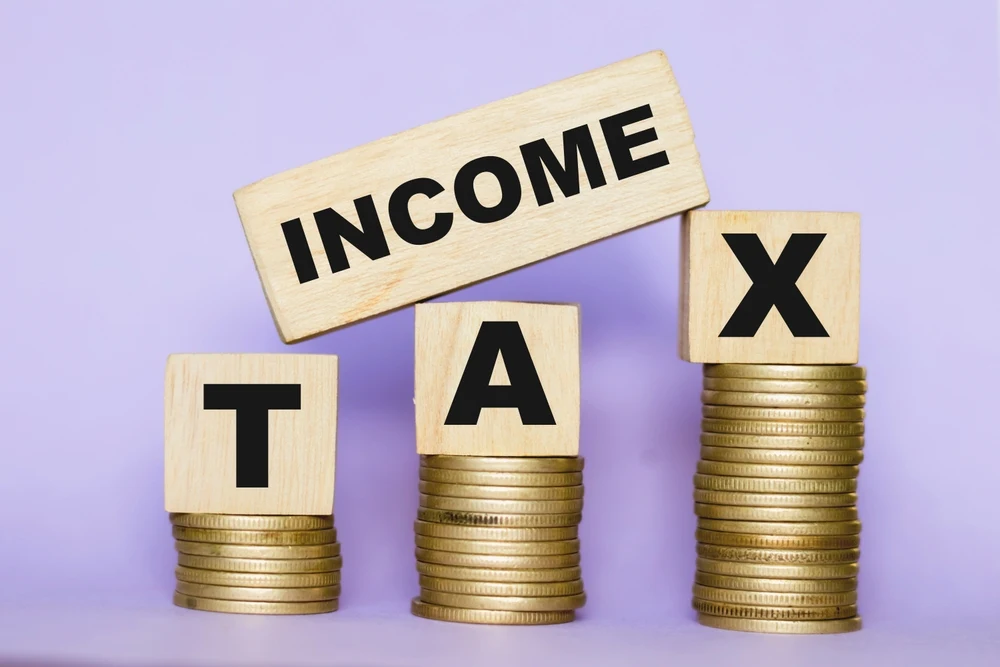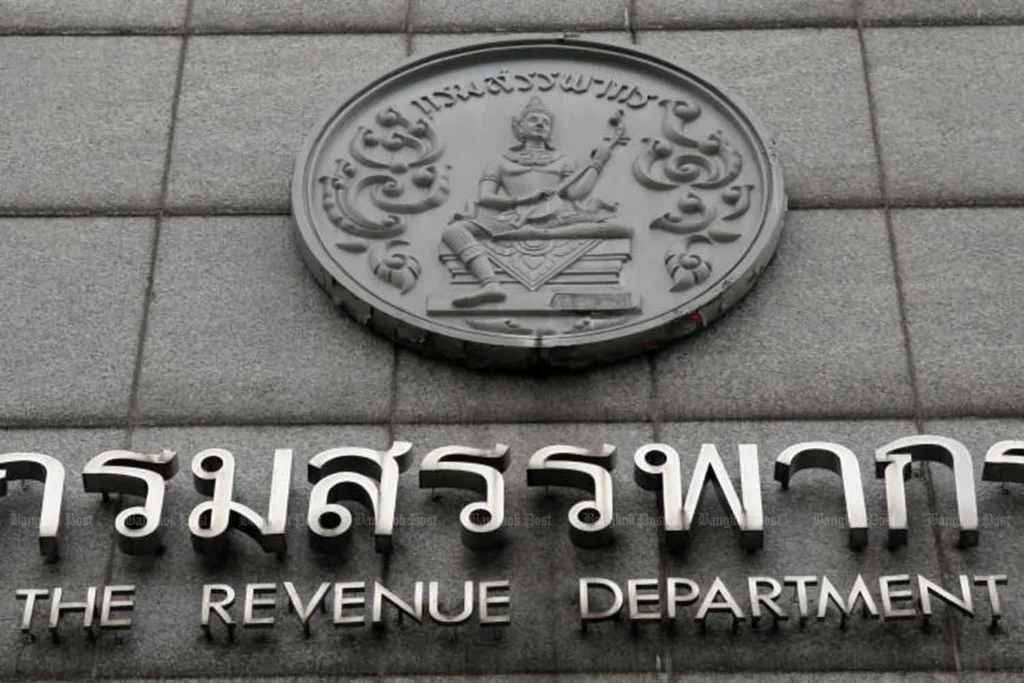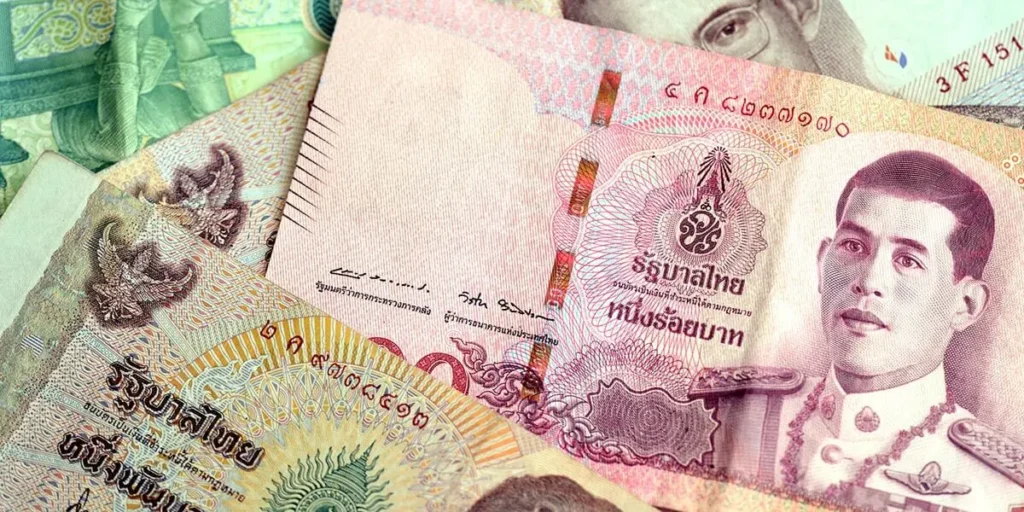Crypto Tax in Thailand: Legal Rules vs. Real-World Behavior (2025 Comparison)
Thailand’s crypto space has matured fast—but its tax landscape? Still full of contradictions. In 2025, the tax on crypto in Thailand is technically well-defined, but real-world behavior tells a different story.
Let’s compare what the law says versus what many Thai crypto traders are actually doing. The result? A fascinating split between regulation and reality.
1. Tax on Crypto in Thailand: Is Crypto Taxable in Thailand?
Legal Rule:
Yes, Thailand considers crypto a taxable asset. Since 2022, any income from digital assets—whether from trading, mining, staking, NFTs, or even airdrops—is legally subject to taxation. This includes both capital gains and certain types of income.
Reality:
Most experienced traders are aware of the rule—but enforcement remains uneven. Many casual investors, especially those using foreign wallets or decentralized platforms, haven’t filed any crypto-related income. In Telegram groups and Twitter threads, it’s common to see Thai users openly discussing “how to stay under the radar.”

2. Tax on Crypto in Thailand: Capital Gains vs. Withholding Tax
Legal Rule:
Profits made from selling crypto at a higher price are subject to personal income tax—rates ranging from 5% to 35% depending on total income. On top of that, a 15% withholding tax can apply to earnings on foreign or unregistered platforms.
Reality:
If you’re using a licensed Thai exchange like Bitkub or Binance TH, you’re likely avoiding the 15% withholding tax—but not the income tax. Many users wrongly assume this means the entire transaction is tax-free. Meanwhile, users on offshore platforms often don’t report at all, assuming their activities are invisible. Spoiler: they’re not as invisible as they used to be.

3. What Types of Crypto Activity Are Taxed?
Legal Rule:
The Thai Revenue Department has listed taxable activities, including trading, mining, staking rewards, NFT sales, and airdrops. Even token swaps may be considered taxable if value is realized.
Reality:
Most traders understand “buy low, sell high” equals a gain—but they rarely think about taxes on things like staking rewards or NFTs. Some aren’t even aware that an airdrop with value must be declared. Swapping tokens on a DEX? That’s another activity often ignored, despite its taxable status under Thai law.

Credit from : Bangkok Post
4. Can the Government Track My Crypto?
Legal Rule:
Yes, especially through licensed platforms. Thai exchanges are required to comply with local regulations, which means your data can be shared with the Revenue Department. Banks may also report suspicious or high-volume inflows related to crypto conversions.
Reality:
Many traders believe their assets are private, especially when held in MetaMask, Trust Wallet, or other decentralized options. But as regulators grow more sophisticated and work with foreign tax authorities, this perceived invisibility is fading. The comfort zone is shrinking, slowly but surely.

5. Are There Legal Exemptions or Loopholes?
Legal Rule:
Crypto traded on registered Thai exchanges may be exempt from the 15% withholding tax, but not from personal income tax. Other than that, legal exemptions are minimal—unless you’re a business or long-term holder operating under a corporate structure.
Reality:
Traders often misinterpret “withholding exemption” as meaning “tax-free.” Also, many don’t bother reporting small gains, assuming it’s too minor to matter. Legally, though, there’s no minimum threshold—everything should be declared. But very few people report micro-trades.

6. Do Most Thai Crypto Traders File Taxes?
Legal Rule:
If you earn, you file. Thailand expects crypto traders to declare their gains annually.
Reality:
Here’s where theory meets the hard wall of practice. A growing number of serious investors are consulting crypto-savvy accountants—but a large chunk of the market still flies under the radar. For now.
Still, with banks tightening up and Thai exchanges sharing more user data, things are changing. Quietly. Slowly. But changing nonetheless.
Final Thoughts: Law vs. Behavior in Thai Crypto Taxation
So what’s the takeaway? The tax on crypto in Thailand is real, documented, and enforceable—but there’s a clear gap between what’s on paper and what’s happening on the ground.
The legal framework is catching up fast, and enforcement is bound to tighten—especially with international reporting standards like the OECD’s Crypto-Asset Reporting Framework coming into play.
In 2025, it’s still possible to “get away with it.” But how much longer? If you’re earning regularly from crypto, it might be time to stop thinking like a hobbyist and start thinking like a taxpayer.
Better to be a step ahead now than caught off guard later.




